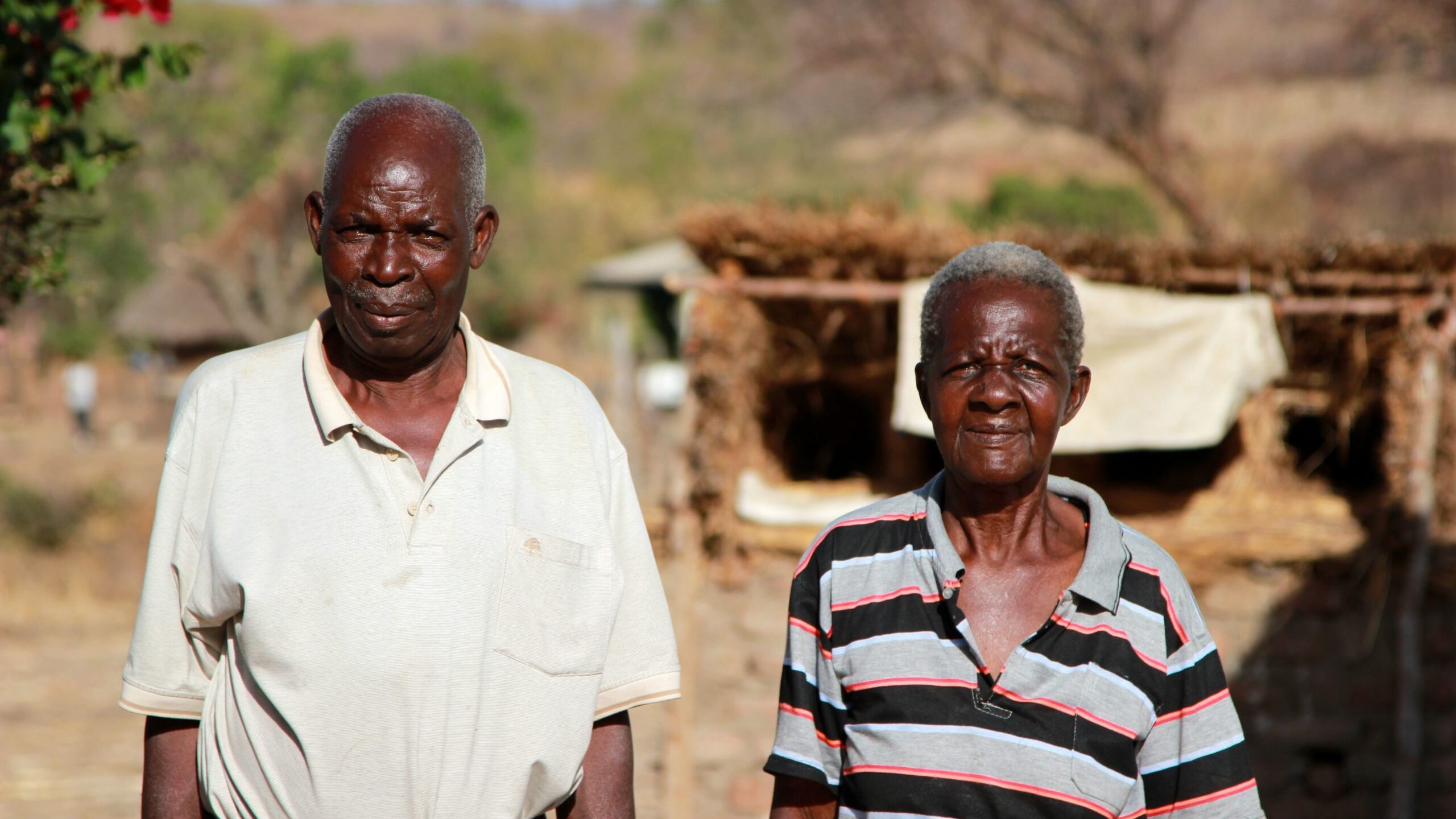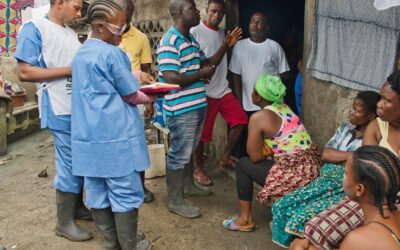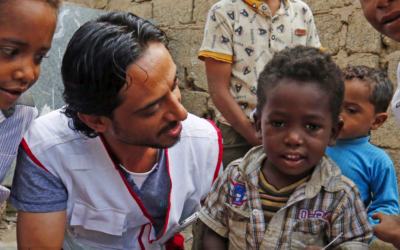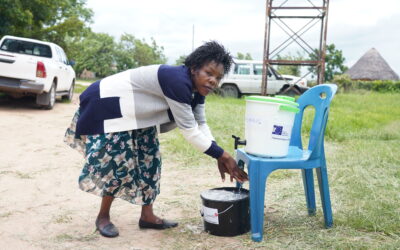The pandemic has exposed ageism like never before. Older people have been separated and isolated, portrayed as weak and helpless and, their rights have been ignored. This has taken a toll on their health and wellbeing, and older people now risk facing more violence, abuse and neglect than before the pandemic. Despite the impact of the pandemic on older people, data gaps and other obstacles continue to exclude older people, and block effective responses and future planning. In this media dialogue, representatives from World Health Organization (WHO) and HelpAge International will discuss the impact COVID-19 has had on older people in East and Southern Africa, and what their organizations are doing to help.
Building Trust and Resilience for Better Outbreak Response in East and Southern Africa
Trust in health authorities and health services before, during and after public health emergencies is critical. Where higher level of trust in health authorities exists, communities are more likely to follow public health recommendations and seek health care, resulting in more rapid and effective outbreak response.
An erosion of trust in health services and the health system more broadly can result in families being less likely to seek health care when needed, including critical preventative care such as immunisation services, undermining the public health system.





